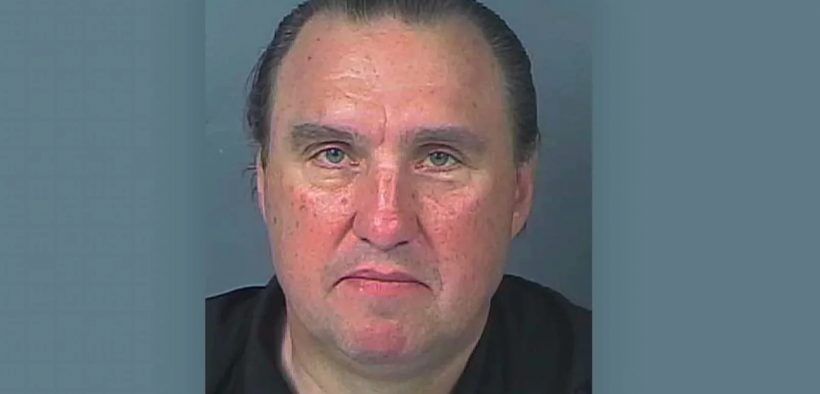Florida Officials: New Order Won’t Help Rodney Howard-Browne

When Florida Gov. Ron DeSantis issued a 30-day stay-at-home order on Wed., Apr. 1, requiring the state’s residents to remain indoors to avoid spreading or contracting the novel coronavirus, he noted that the regulations do not apply to “essential activities” such as religious services.
But while the order may pave the way for faith leaders to hold some in-person religious gatherings, officials say it came too late to aid a pastor already arrested for hosting church services despite regulations barring large gatherings.
Wednesday’s order in Florida states that attending “religious services conducted in churches, synagogues and houses of worship” is an essential activity.
The order came less than 24 hours after Pastor Rodney Howard-Browne of the River at Tampa Bay Church was arrested by the Hillsborough County Sheriff’s Office for holding religious gatherings despite regulations barring large assemblies.
However, a representative at the sheriff’s office noted that the new order is “not retroactive” and will not impact the charges levied against Howard-Browne.
“Nothing has changed,” the representative told Religion News Service, adding that the charges against the pastor of unlawful assembly and violation of public health emergency rules “still stand.”
It is not immediately clear how the order will impact other religious groups moving forward.
The Florida order is one in a series of stay-at-home orders from states, meant to combat the spread of the novel coronavirus. Those orders vary in approach; some exempt church services and other religious activities as essential and allowed, and others do not.
According to a new survey compiled by three political scientists and the survey group Qualtrics Panels, 12 percent of those polled said their congregations are still open for in-person worship.
On Tuesday, Texas Gov. Greg Abbott listed religious services as “essential” in his own stay-at-home order, allowing for faith gatherings so long as they comply with guidelines of the federal Centers for Disease Control and Prevention.
“If religious services cannot be conducted from home or through remote services, they should be conducted consistent with the Guidelines from the President and the CDC by practicing good hygiene, environmental cleanliness, and sanitation, and by implementing social distancing to prevent the spread of COVID-19,” the order read.
The CDC currently advises on its website that “all U.S. events of 10+ people should be canceled or held virtually.”
States such as Oregon have not exempted faith communities from their gathering restrictions. And in Louisiana, officials arrested a local pastor who claimed to have hosted a worship service over the weekend with up to 1,000 churchgoers in attendance.
For weeks, the White House appeared to be unwilling to make a concrete recommendation either way, drawing attention to faith leaders who are hosting services over the internet but not explicitly calling on religious groups to suspend services during the pandemic.
However, on Wednesday Vice President Mike Pence asked Americans not to attend church services of more than 10 people.
“We really believe this is a time when people should avoid gatherings of more than 10 people,” Pence told “Nightline” co-anchor Byron Pitts. “And so we continue to urge churches around America to heed to that.”



